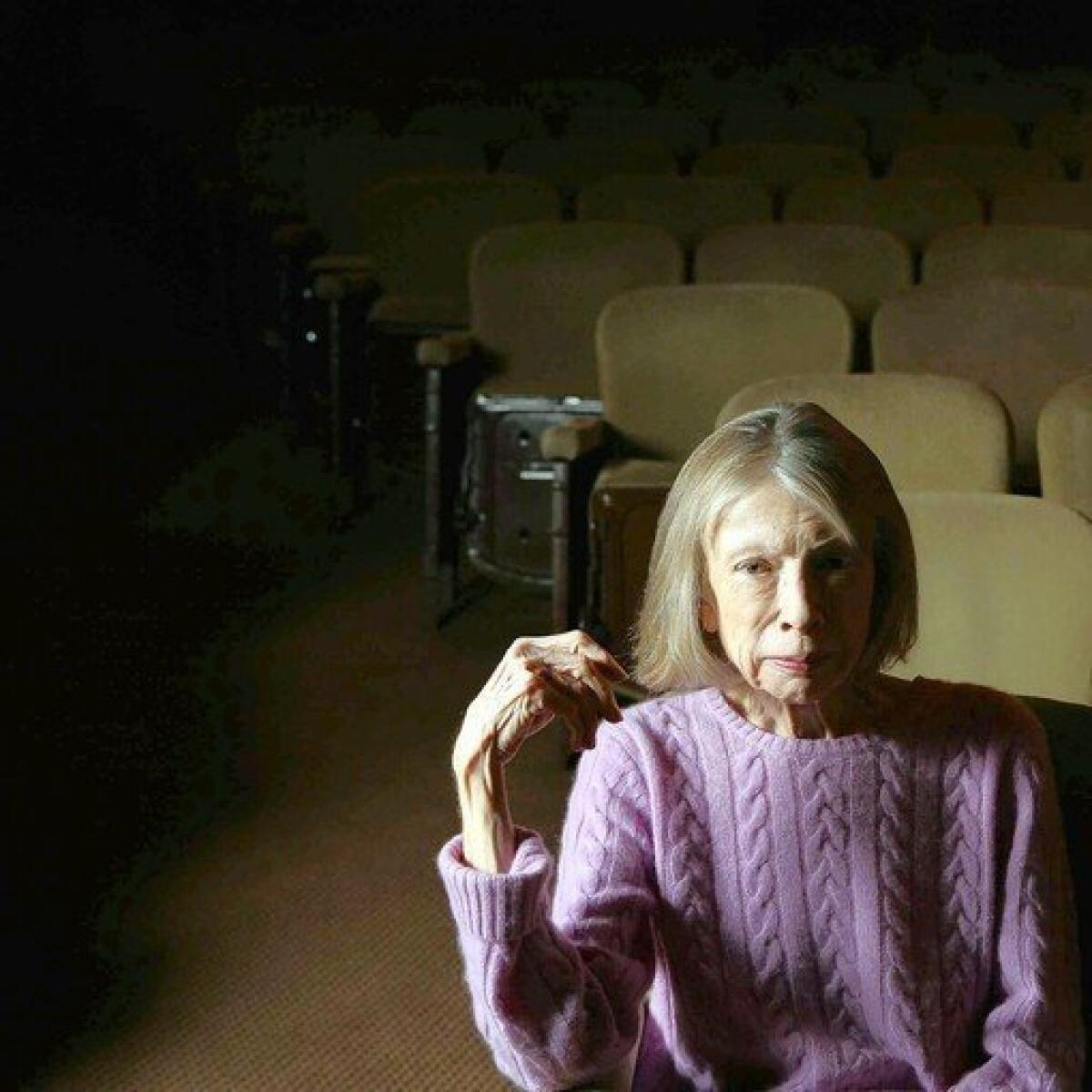The New York Review of Books turns 50

Finally, a commemoration I can get behind: On Feb. 5, at Town Hall in Manhattan, the New York Review of Books will celebrate its 50th anniversary with an event featuring, among other contributors, Joan Didion, Michael Chabon and Daniel Mendelsohn.
The magazine was founded in February 1963, during a printers’ strike that shuttered New York’s newspapers, although its roots go back to the late 1950s and the dismay of its founding editors, primarily the essayist and novelist Elizabeth Hardwick, at the state of contemporary book reviews.
Sound familiar? It’s a lament, or question, that has long marked the American literary landscape. In 1993, Elisabeth Sifton addressed it, after a fashion, in a scathing essay for the Nation that used the industry’s trade show, the American Booksellers Convention (subsequently renamed Book Expo America), as a lens through which to read the failings of publishing culture; the issue emerged again a decade or so later with the rise of lit blogs and the retrenchment of mainstream review outlets.
In that sense, it’s not hard to see the influence of the New York Review on the development of newer, digital publications such as the Millions, the New Inquiry, the Los Angeles Review of Books — all of them created out of a similar insurrectionary impulse, a similar engagement with the written and the published word.
All that, of course, only speaks to the health of literary culture, the pulse of opinion and debate. We want to talk about books because books matter, and the more venues that are available, the more vibrant and committed our conversation becomes.
This has long been the faith of the New York Review. Long-form pieces; books, and careers, considered in depth; writers encouraged to work at length, to let a piece find its necessary shape: These are, as they were five decades ago, the key imperatives of the critic’s art. And it’s not just criticism; over the years, the Review has published more than 7,000 essays, 4,000 letters, 650 poems and 200 pieces of reportage, in addition to its 10,000 book reviews.
Next month’s Town Hall gathering is just the kickoff to what is, in essence, a yearlong celebration, with additional events and publications planned. Yet the real celebration, it seems to me, takes place as it always has in the pages of the Review.
Is the New York Review always on point? Hardly, but no journal ever is. I’d be hard-pressed, however, to think of a publication more influential in making a place for serious criticism, in opening up our understanding of what a book review can do.
ALSO:
15 literary resolutions for 2013
Yannis Ritsos and the poetry of witness
More to Read
Sign up for our Book Club newsletter
Get the latest news, events and more from the Los Angeles Times Book Club, and help us get L.A. reading and talking.
You may occasionally receive promotional content from the Los Angeles Times.







